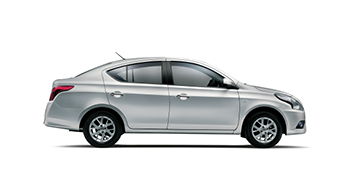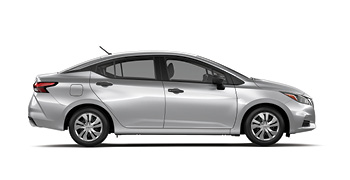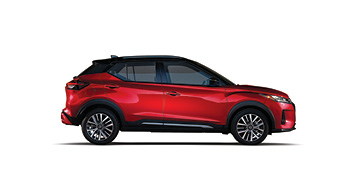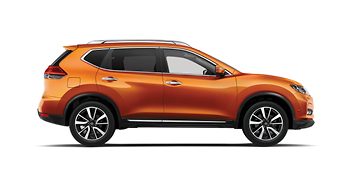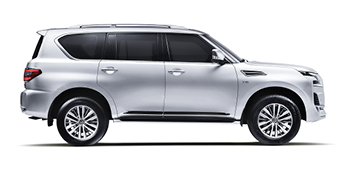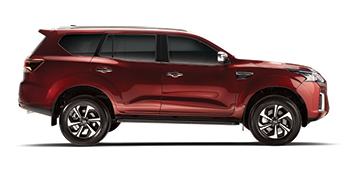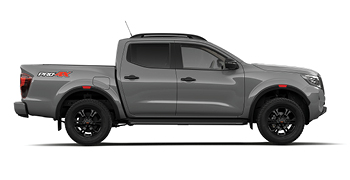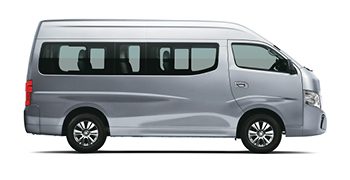AFRICA'S ELECTRIC RIDE:
A QUIET REVOLUTION
Africa is on the cusp of a major shift in how we move. Electric Vehicles (EVs) are bringing big changes to transportation, our economies, and even the air we breathe. Nissan, a company focused on new and sustainable ways to travel, believes this change is about building a better future for Africa.
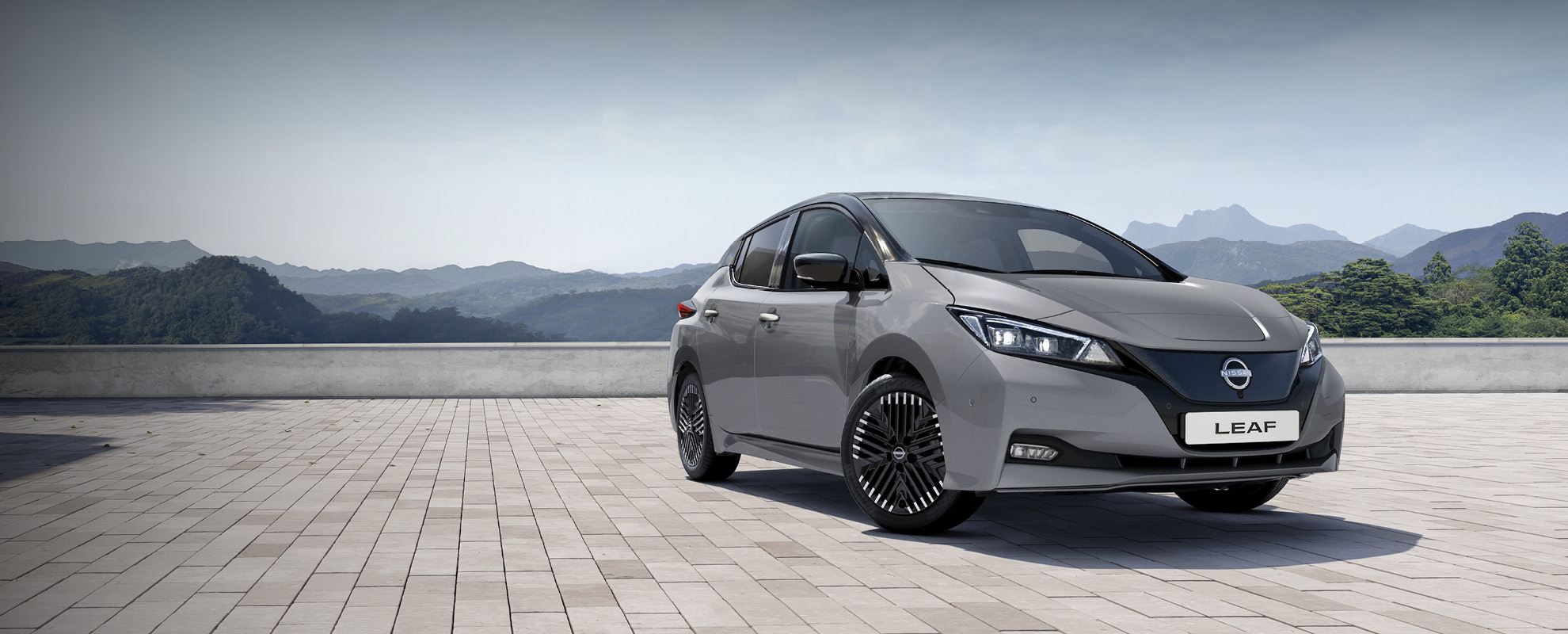
For a long time, African roads have been filled with cars that use petrol or diesel, often imported. This causes problems like unstable fuel prices, air pollution in our cities, and adds to global carbon emissions. EVs offer a solution, leading to cleaner, more affordable, and independent travel.
Why EVs are Good for Africa:
EVs bring many benefits that help a nation grow:
Money in Your Pocket & National Growth:
- Save on Fuel: Electricity is generally more stable in price than petrol or diesel, meaning EV owners can save a lot of money. This leaves more cash for families and lowers costs for businesses.
- Energy Independence: Relying less on imported fuel frees up money for important things like hospitals, schools, and roads. Africa has plenty of sun, wind, and water, so we can power EVs with our own clean energy.
- New Jobs & Industries: EVs aren't just about buying cars. They create jobs in setting up charging stations, maintenance, and even making batteries from Africa's rich minerals like cobalt, lithium, and nickel.
- More Renewable Energy: As more EVs need electricity, it encourages investment in clean energy sources, making our power grids stronger and cleaner for everyone.
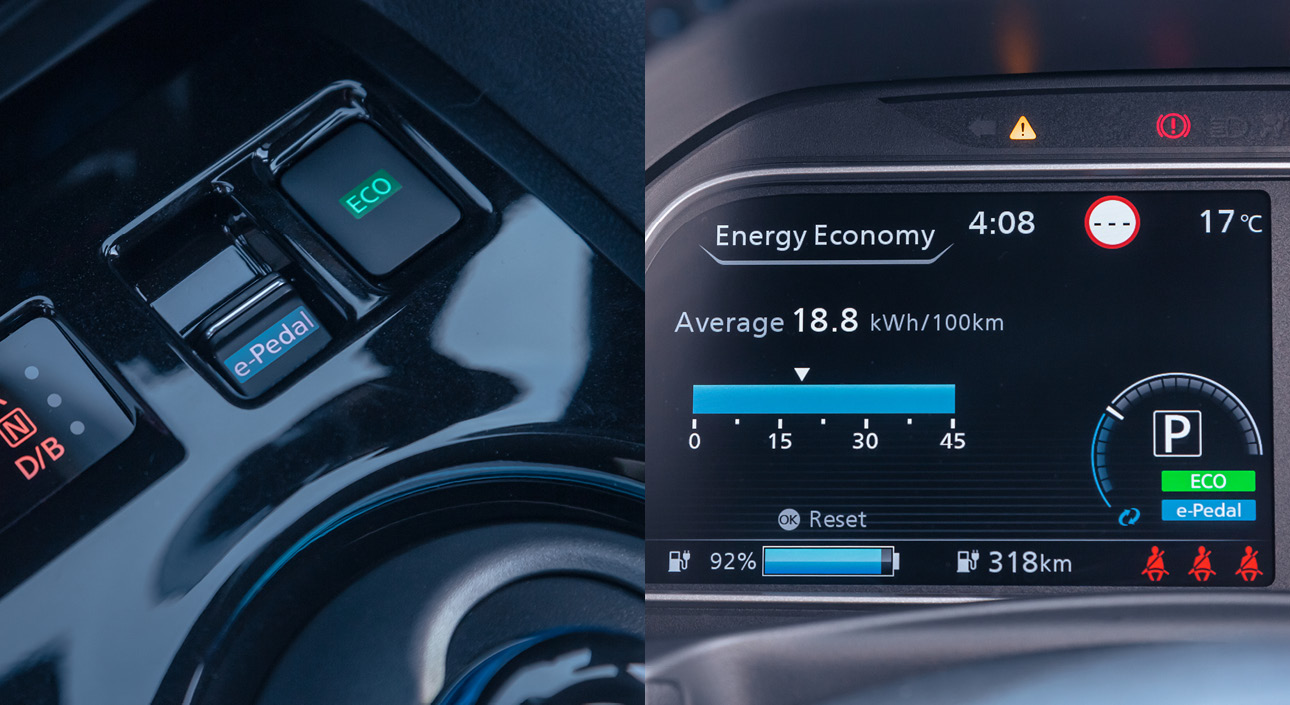
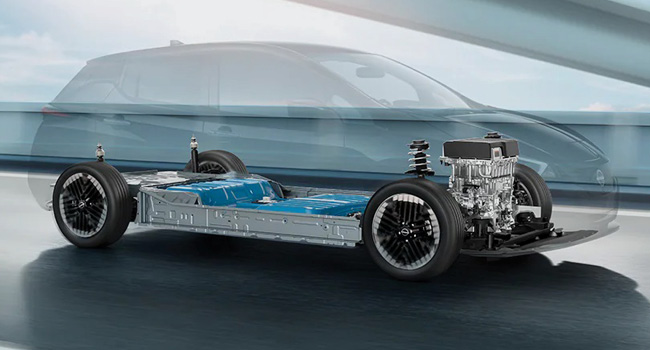
Cleaner Air & Healthier Lives:
- Breathe Easier: EVs produce no exhaust fumes, leading to much cleaner air in our cities. This means fewer lung problems, healthier children, and a better life for millions.
- Fight Climate Change: Cars and trucks contribute a lot to climate change. Switching to EVs, especially those powered by renewable energy, helps Africa reduce its carbon footprint and protect our unique environment.
- Quieter Cities: EVs are quiet, making our towns and cities less noisy, which can reduce stress and improve well-being.
Better Lives for All:
- Improved Health: Cleaner air directly means healthier people, reducing the strain on our healthcare systems.
- Easier Travel: Affordable and reliable transport is key for development. EVs can make it easier to get around, connecting communities, helping businesses, and providing better access to education and healthcare.
- Embracing New Technology: Adopting EVs puts African nations at the forefront of new technology, encouraging research and inspiring a new generation of innovators.
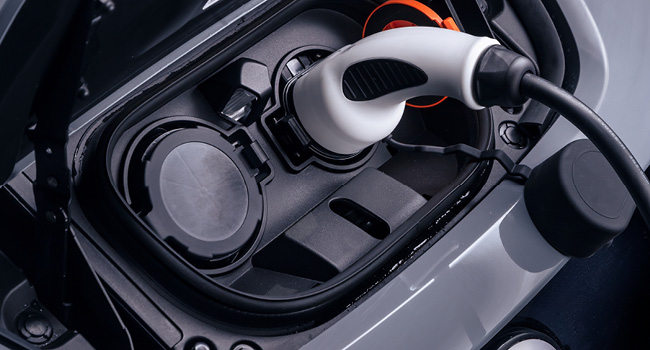
African Countries Leading the Way:
While EVs are still new for many, some African countries are already making big moves to embrace this technology:
- Ghana: Leading in EV adoption, especially two and three-wheelers, thanks to duty waivers.
- Morocco: Aims to be a big EV producer with a growing EV fleet and plans to export.
- South Africa: A major car manufacturing hub, they've removed import duties on EVs and are looking into local production, with more charging stations appearing.
- Tanzania: Seeing fast growth in electric bikes and tuk-tuks.
- Ethiopia: Restricting new combustion-engine vehicle imports and using its hydropower.
- Kenya: Actively bringing in electric motorcycles ("boda-bodas") and buses, using its strong renewable energy.
- Rwanda: A leader with zero import duties on EVs and investments in charging points.
- Benin: A big push for electric motorcycles, often with easy lease-to-own options.
- Egypt: Plans for local EV assembly and developing its charging network.
- Angola: Recently cut import taxes for EVs, showing a commitment to future adoption.
The journey to widespread EV use in Africa will have its challenges, like the initial cost and building enough charging stations. But the huge benefits – financial independence, cleaner environments, and healthier communities – make it a journey worth taking. Nissan is committed to this future, offering EV solutions made for Africa's unique needs, driving us all towards a brighter, more sustainable tomorrow.
